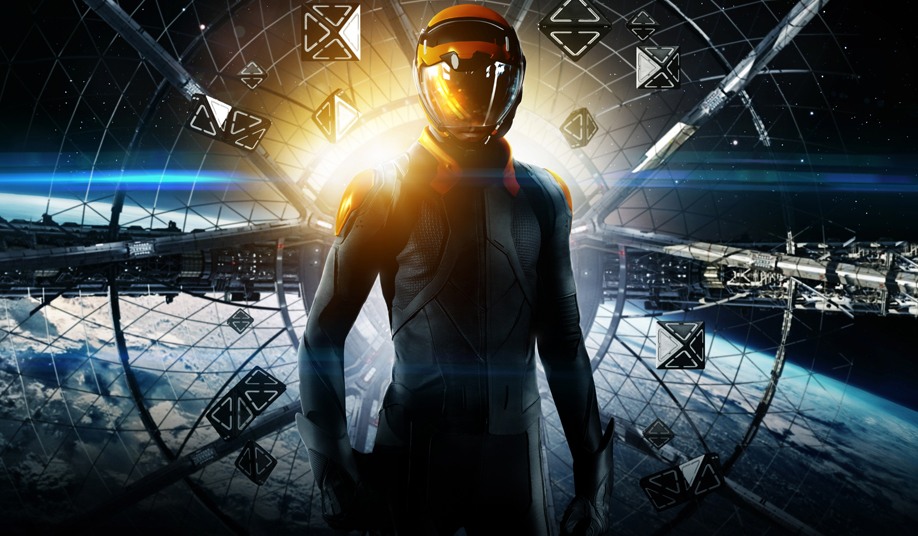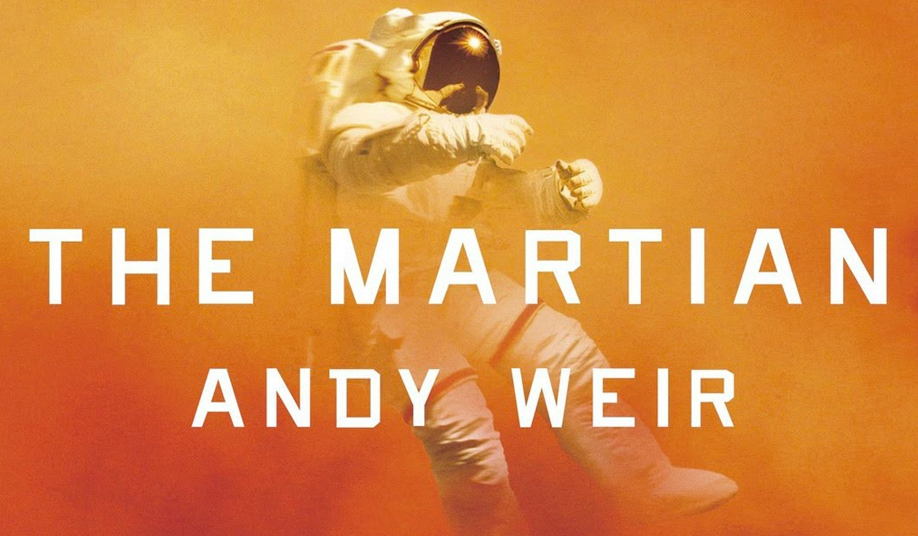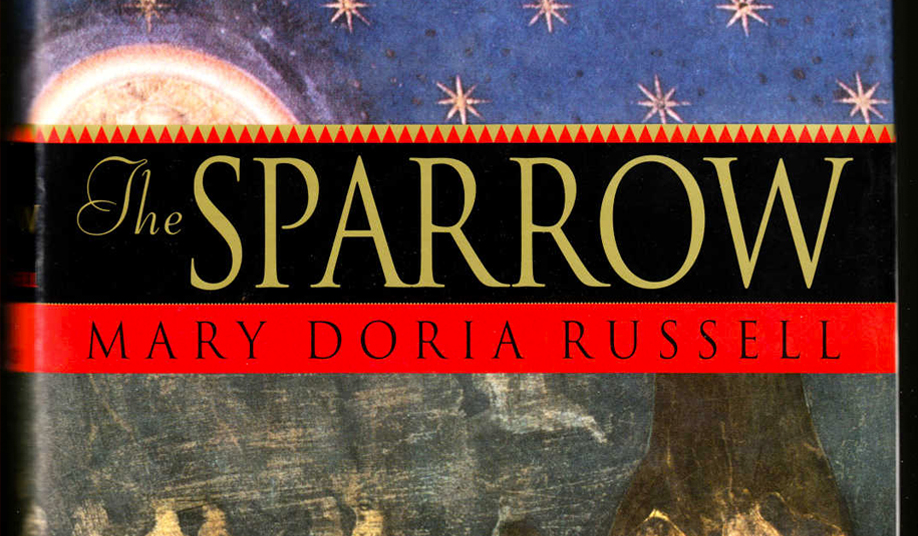ESSENTIAL SCI-FI BOOKS "Today's Science Fiction is Tomorrow's Science Fact"
These are the mind-blowing, world-building, truly engaging reads that will help you forget the world’s current political climate and sweep you to new and exciting lands. You don’t want to miss out on these classics of the sci-fi genre.

Ender’s Game by Orson Scott Card
This is one of three books I recommend to everyone—particularly to people who claim they don’t read. It’s probably the easiest, most enjoyable book with the biggest action, most memorable characters, and the most mind-blowing payoff. The story takes place at a space Battle School for children training to be military commanders in a future where humanity has improbably fought off the first wave of an alien invasion and is awaiting what is likely to be a humanity-ending second wave. Ender Wiggins is the young military genius whose story we follow through the political world of the Battle School as Ender endlessly improvises new strategies to beat his opponents throughout the many anti-gravity, mock space battles. That’s not to mention all the mind-bending, classic sci-fi twists and reveals that occur as the book barrels onto its thrilling climax. Not only is this a fantastic read, but it models so many examples of how changing your thinking can affect an outcome that Ender’s Game has become recommended reading by many military training organizations, including the US Marine Corps.

Dune by Frank Herbert
If you’ve never read or heard of Dune, probably the best corollary is think of this as Game of Thrones In Space (with a little “Lawrence of Arabia” peppered in as well). Set in a distant future of interplanetary travel, Dune tells the story of Paul Atreides, heir of the House Atreides, as his family is awarded stewardship of the planet Arrakis—the only planet capable of producing a priceless spice known as melange, much to the chagrin of the other Houses in the Empire. This massive epic is known for its nuanced exploration of complex themes such as technology and its relationship with ecological systems, the political decay and eventual downfall of empires, colonialism, Eastern religion, fundamentalism, Zen philosophy, and much, much more. This is probably the most beloved science fiction book (and eventual science fiction literary franchise) in existence.

The Martian by Andy Weir
My brother loved this book so much he mailed me his copy. My roommate read it first and then lent it to his friend who loved it and so on until I was the fifth reader of our single copy. Andy Weir first self-published this lauded debut novel in 2011 which sold so many copies that publishers quickly swooped in to take advantage of the word-of-mouth. Meticulously researched, Weir’s novel is the most realistic literary depiction of how early attempts to colonize Mars will likely manifest, and what sort of problems astronauts might encounter. The protagonist, Mark Watney is stranded on Mars and presumed dead after his team aborts their mission due to a hard storm. How he survives with deadpan humor and ingenuity is what the fun is all about. The book was also turned into a Ridley Scott-directed movie in 2015, but you already knew that.

Nineteen Eighty-Four by George Orwell
You probably read this in high school; I somehow missed it and didn’t catch it until after college. It’s unreal how great the debt is that modern science fiction and dystopian literature owes to Orwell’s 1949 classic, Nineteen Eighty-Four. The novel’s fictional language known as “Newspeak” created numerous phrases and ideas that are now common parlance in English such as, “Big Brother”, “thoughtcrime”, “doublethink”, “telescreen” (what we now call Skype), “2+2=5”, and even “Room 101”. Consider this book the godfather of all “Black Mirror” franchises to come.

The Sparrow by Mary Doria Russell
This novel is a personal favorite of mine, but don't worry, it won multiple awards for science fiction. Premised on Jesuits’ history of being some of the first to contact unreached people groups, this debut novel tells the story of a unique Jesuit priest on the path to canonization who travels with a group of scientists to the first alien world humanity has discovered. Years later, a second mission recovers the only surviving member: the priest, physically and psychologically mutilated, having lost all faith. What ensues is two concurrent tales: the story of the planet’s discovery and exploration, and the Jesuit Society’s internal reckoning with their damaged priest. This story has all the nuance of Arrival and Contact while also exploring human notions of faith and plasticity of the human spirit.






